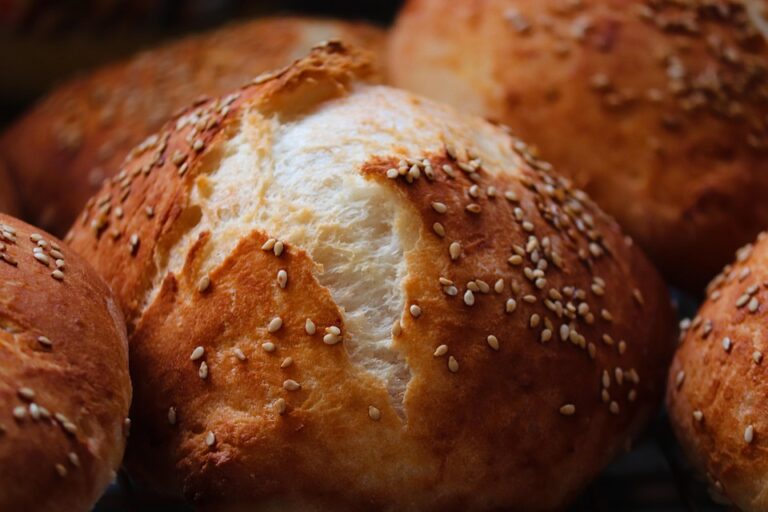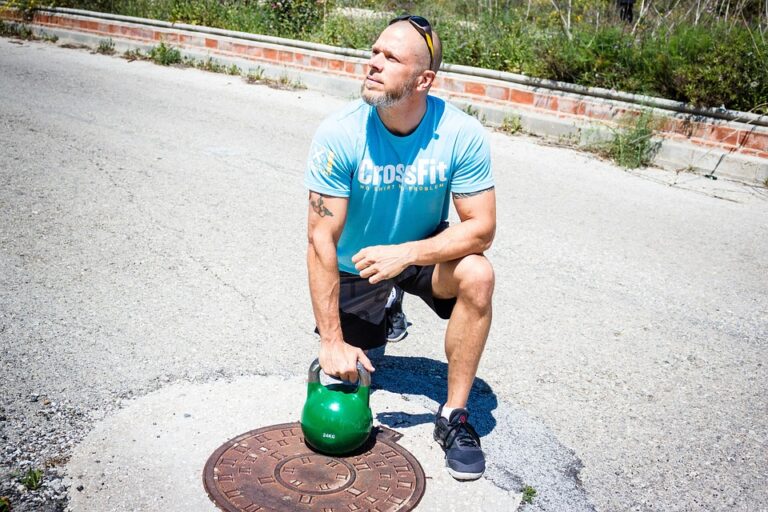
Understanding Puppy Food Types: A Comprehensive Guide to Choosing the Best Nutrition for Your New Best Friend
Bringing a puppy into your home is akin to welcoming a whirlwind of energy, curiosity, and, of course, love. However, with this delightful addition comes the crucial responsibility of ensuring that your furry companion receives the right nutrition from the very start. The myriad of puppy food options out there can be bewildering, and understanding the differences is key to making an informed choice. Let’s delve into the essentials of puppy nutrition and the various food types available.
1. Dry Kibble: The Staple of Puppy Diets
Kibble is perhaps the most common form of dog food. Its convenience, long shelf life, and balance of nutrients make it a popular choice among pet owners. But what should one look for in a quality kibble?
- Ingredients Matter: A high-quality kibble should list meat as the first ingredient, ideally followed by whole grains or vegetables. Beware of fillers such as corn and soy, which offer little nutritional value.
- Life Stage Specificity: Puppy-specific formulas are designed to support growth and development, containing higher protein levels and essential fatty acids.
Yet, some experts caution against relying solely on kibble. Dr. John Doe, a renowned veterinary nutritionist, emphasises that "while kibble can form the basis of a puppy’s diet, incorporating variety is essential for overall health."
2. Wet Food: A Tantalising Treat
Canned or wet food often appeals to puppies due to its rich aroma and palatability. It is particularly beneficial for those picky eaters who might turn their noses up at dry kibble.
- Hydration Helper: Wet food contains moisture, which can be beneficial in keeping your pup hydrated, especially if they are less inclined to drink water.
- Texture Variety: The softer texture is easier for teething puppies to chew, making it a comforting option.
However, it’s crucial to consider that wet food can be pricier and may require careful handling to prevent spoilage.
3. Raw Diet: The Controversial Choice
Raw feeding, or the BARF (Biologically Appropriate Raw Food) diet, has garnered significant attention in recent years. Advocates argue that feeding puppies raw meat, bones, and organs aligns with their ancestral diet. Yet, this approach is not without its critics.
- Potential Benefits: Supporters claim that raw diets can lead to healthier skin, shinier coats, and improved dental health.
- Health Risks: On the flip side, there are concerns regarding bacterial contamination and the nutritional balance. The British Veterinary Association warns that "feeding a raw diet without proper knowledge can lead to serious health issues."
If you are considering this route, consult a vet to ensure you are meeting your puppy’s nutritional requirements without compromising their health.
4. Homemade Meals: The Personal Touch
Cooking for your puppy at home allows you to control every ingredient and tailor meals to their specific needs. This can be particularly beneficial for puppies with food sensitivities or allergies.
- Nutritional Balance: However, crafting a nutritionally complete meal is no easy feat. It requires a solid understanding of canine dietary needs. Consulting a vet or a pet nutritionist is essential to avoid deficiencies.
- Time and Effort: The commitment involved in preparing homemade meals can be substantial, and for busy owners, this may not be feasible.
5. The Role of Supplements
Even with the best food options, some puppies may require supplements to support their growth and health. Common additions include omega fatty acids for skin health and glucosamine for joint support. Always consult your vet before adding supplements to your puppy’s diet to avoid over-supplementation.
Final Thoughts on Puppy Nutrition
Navigating the world of puppy food can feel overwhelming, but understanding the various options can help you make the best choice for your beloved companion. The right food ensures that your puppy not only grows into a healthy adult dog but also enjoys a vibrant and happy life along the way.
As you embark on this journey of pet parenthood, remember that every puppy is unique, and their dietary needs may vary. Regular consultations with your vet will provide invaluable insights into the best nutritional path for your furry friend.
At BargainsTrust, we are committed to bringing you a curated selection of quality products and information to help you make informed decisions for your pet’s well-being. Your new best friend deserves nothing but the best!







